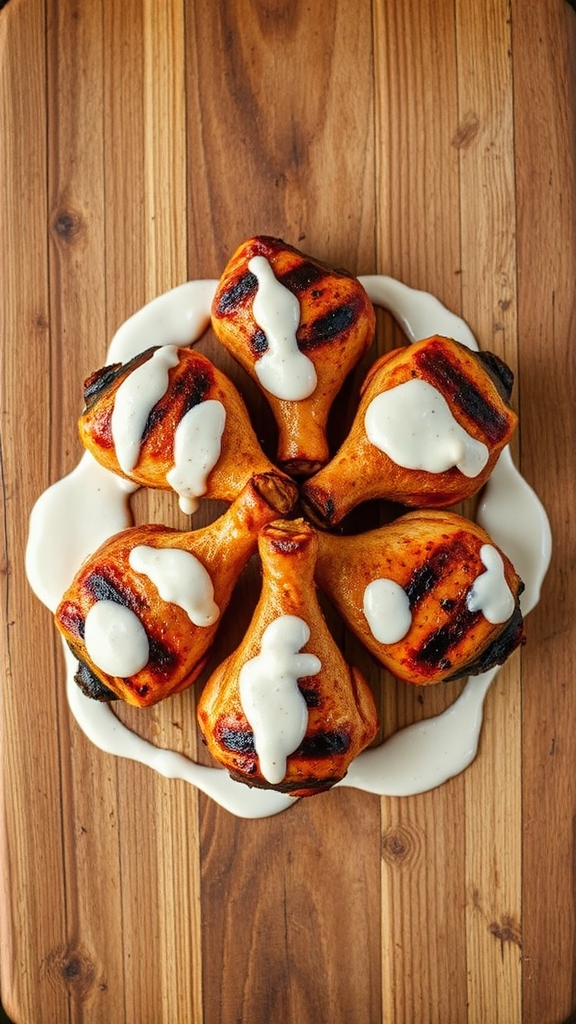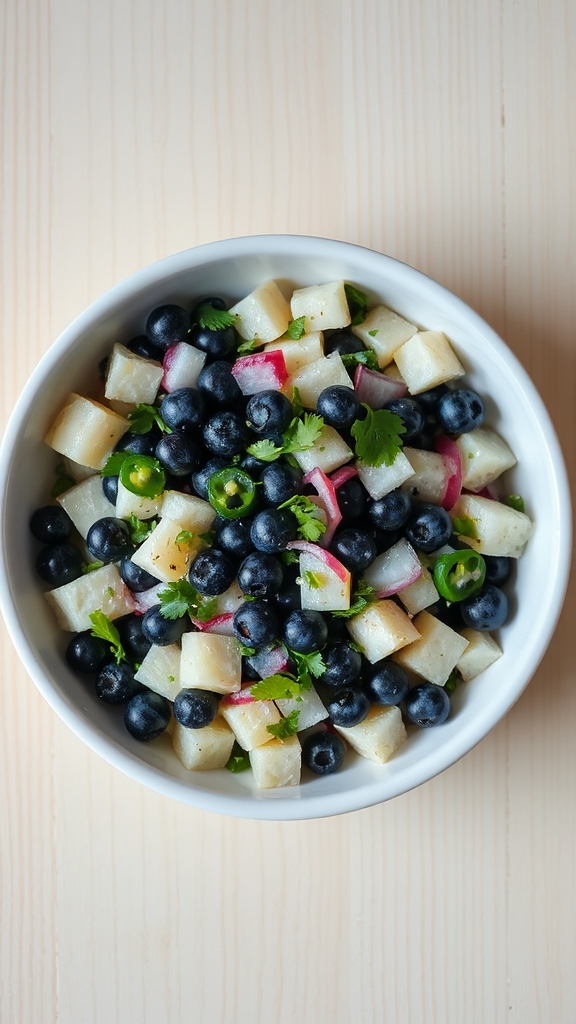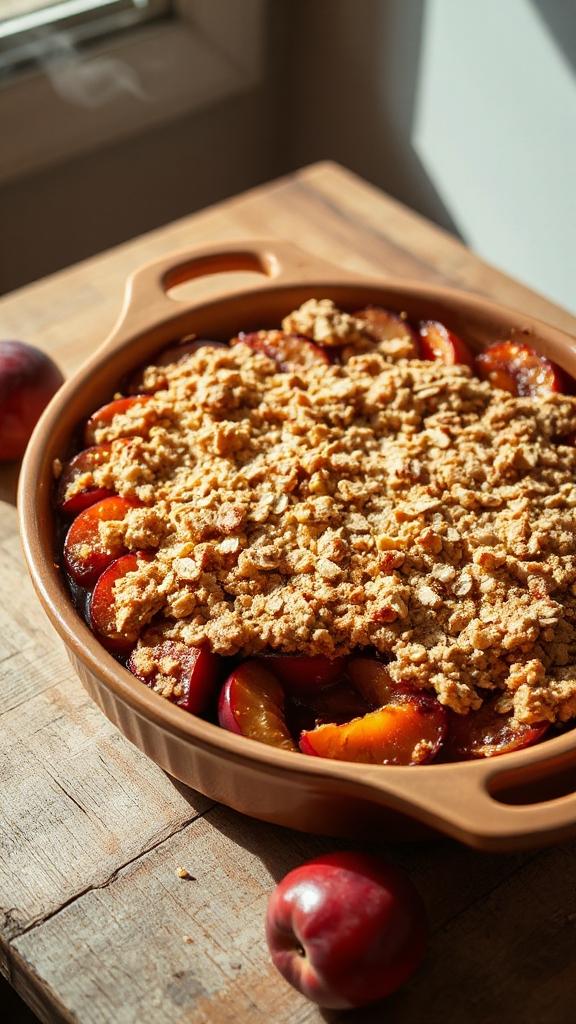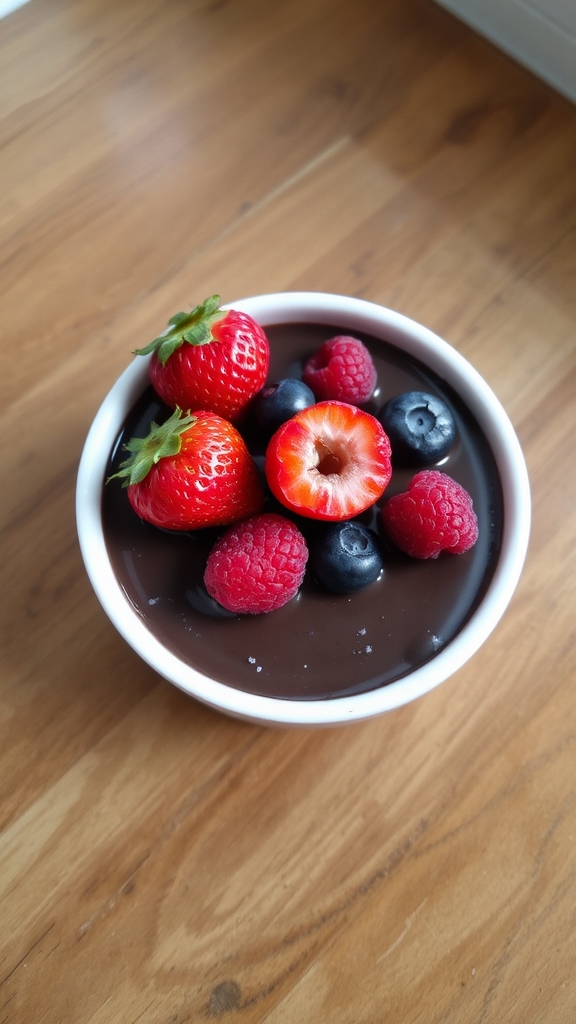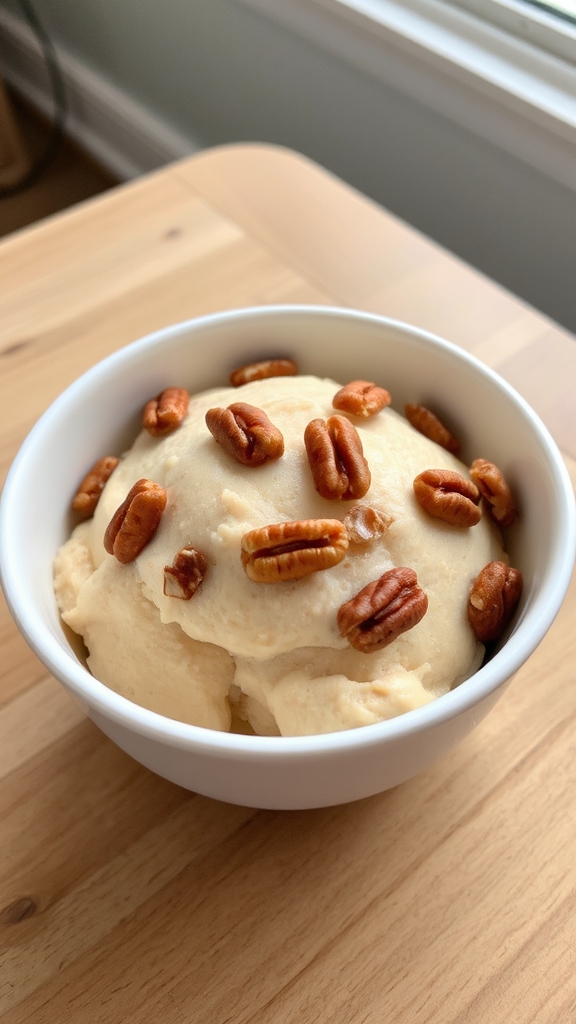Lemon Pound Cake – North Carolina: Lemon, Pound Cake, Moist
Perfect your baking skills with North Carolina's moist lemon pound cake—discover its tangy secrets and more inside.
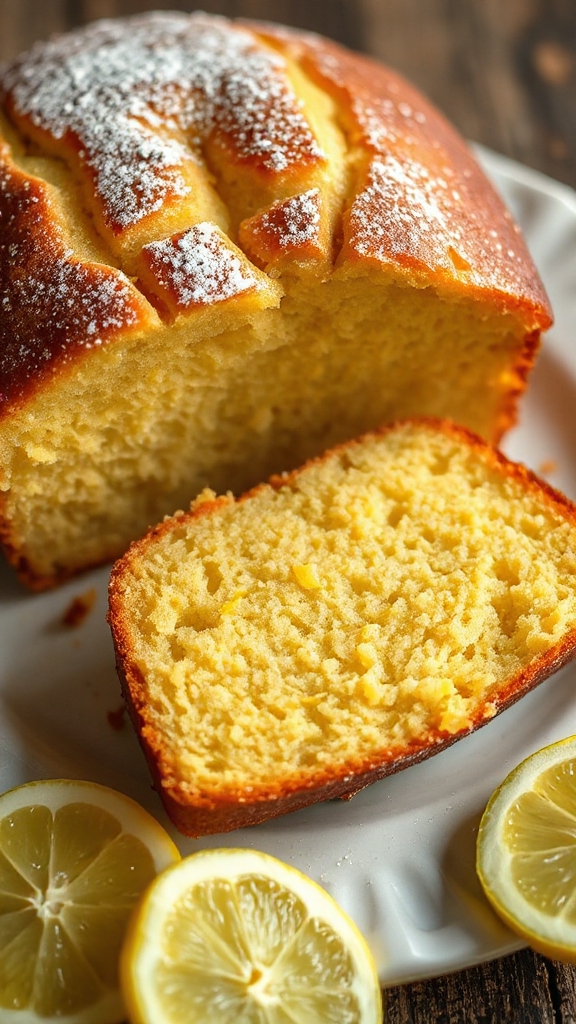
In North Carolina, the lemon pound cake embodies Southern heritage with its zesty lemon zest and juice, delivering tangy flavor and antioxidants while butter adds creamy richness for a moist, tender crumb. Traditional techniques, like baking in a water bath and monitoring oven temperatures, guarantee even moisture and prevent dryness, drawing from 19th-century farm-sourced recipes and cultural adaptations. This delightful treat offers moderate energy and health benefits, inviting further insights into variations and pairings.
Lemon Cake Essentials
Lemon pound cake relies on a few key ingredients that define its signature balance of tartness and richness. Its history origins stem from 18th-century European influences adapted in North Carolina. For nutritional value, it provides vitamin C and moderate energy, though in moderation.
- Lemons: Offer zesty tartness and antioxidants, enhancing flavor and health benefits.
- Butter: Delivers creamy richness while supplying fats for sustained energy.
- Flour: Forms the foundational structure, rooted in traditional baking history.
- Eggs: Add binding and protein, contributing to nutritional completeness.
Moist Lemon Baking Steps
Achieving ideal moisture in pound cake requires careful attention to baking techniques that enhance the lemon’s natural oils and prevent dryness. For ideal Moisture Retention, key Baking Innovations include:
- Employing a water bath to achieve even heat distribution and superior Moisture Retention.
- Integrating fresh lemon zest and juice as innovative ingredients for enhanced flavor and moisture.
- Monitoring oven temperature precisely to avoid overbaking and maintain tenderness.
- Allowing gradual cooling to lock in moisture and refine the cake’s texture.
Lemon Tea Pairings
What better way to complement the zesty tang of pound cake than through artful tea pairings that amplify its flavors? Indeed, incorporating Tea Health benefits and Cultural Pairings elevates the experience with wellness and tradition.
- Green tea, with its rich antioxidants for health, pairs with Japanese tea ceremonies for a revitalizing contrast.
- Chamomile tea supports relaxation and digestion, drawing from European herbal traditions for soothing effects.
- Earl Grey tea offers a bergamot twist, aligning with British afternoon rituals for an invigorating boost.
- Oolong tea provides metabolic benefits, linked to Taiwanese cultural practices for balanced harmony.
North Carolina Variations
North Carolina’s lemon pound cake variations reflect a blend of Southern heritage and local ingredients, often incorporating fresh coastal citrus or heirloom recipes that add a rustic depth to the traditional bake. Historical Variations from early settlers and Cultural Adaptations from diverse communities enhance its appeal.
- 19th-century recipes using simple, farm-sourced ingredients for authenticity.
- Cultural Adaptations blending African American influences with spiced flavors.
- Heirloom techniques like slow baking for moist texture.
- Regional twists inspired by coastal harvests for added depth.
Explore Fruit Variations
While lemon pound cake traditionally highlights citrus, exploring fruit variations introduces exciting new dimensions, from berries that add tart bursts to tropical options like mango for subtle sweetness. Berry substitutions and tropical adaptations enhance flavor profiles creatively.
- Berry substitutions with blueberries offer a juicy, antioxidant-rich twist that intensifies moisture and color.
- Berry substitutions using raspberries provide sharp tartness, balancing the cake’s richness with vibrant acidity.
- Tropical adaptations with pineapple infuse bright, tangy sweetness for an invigorating, island-inspired variation.
- Tropical adaptations featuring mango deliver smooth, exotic undertones that complement the cake’s texture seamlessly.
Troubleshoot Lemon Curdling
Lemon juice’s acidity, while enhancing the bright flavor of pound cake, can sometimes cause curdling in the batter, resulting in a grainy texture that compromises the final product. To manage Acid Reactions, consider these Curdling Solutions:
- Gradually add the acidic lemon juice to avoid shocking the batter.
- Make sure all ingredients are at room temperature for better stability.
- Mix thoroughly to emulsify fats and acids effectively.
- Incorporate a stabilizer like flour early to prevent separation.
Conclusion
Finally, mastering a Lemon Pound Cake involves balancing its vibrant flavors with careful technique, ensuring a moist, tender crumb that delights the palate. Summary tips emphasize fresh lemons, even batter mixing, and precise baking times for ideal results. Closure ideas include serving with a lemon glaze, pairing with berries, or storing in airtight containers to preserve moisture, creating a memorable North Carolina tradition.
Frequently Asked Questions
How Long Can I Store the Cake in the Fridge?
Like a time capsule buried in cool earth, Cake Freshness fades over time. Fridge Tips advise storing the cake for up to 7 days to maintain its moist texture, ensuring best quality without spoilage.
Is This Recipe Suitable for Vegetarians?
The query on a recipe’s suitability for vegetarians prompts examination of vegetarian myths, such as assumptions about animal products, and ingredient sourcing for hidden non-vegan elements. Typically, this recipe includes eggs and dairy, making it unsuitable for strict vegetarians.
Can I Reduce the Sugar in the Recipe?
Reducing sugar in recipes is feasible, but one must consider potential Taste Effects, such as diminished sweetness and altered flavor balance, which could make the final product less moist or appealing, requiring careful experimentation for ideal results.
What Substitutions Work for Eggs?
In the spirit of a chameleon’s seamless adaptation, egg alternatives offer transformative solutions in cooking. Flax mixtures, a reliable substitute, mimic eggs’ binding and moisture-retaining properties, fostering engaging, moist results in various recipes.
How Does This Cake Freeze and Thaw?
Freezing and thawing a cake can greatly affect texture impact and flavor retention. Proper freezing preserves moisture, minimizing texture changes, while slow thawing maintains flavor integrity; hasty methods may lead to dryness and taste loss, altering enjoyment.

Hi There! I'm Stephanie Miller: Elementary teacher from Columbus, OH sharing grandma's treasured American recipes! 50 years young, yoga enthusiast & kitchen storyteller. Welcome to my food family! 🍰❤️


